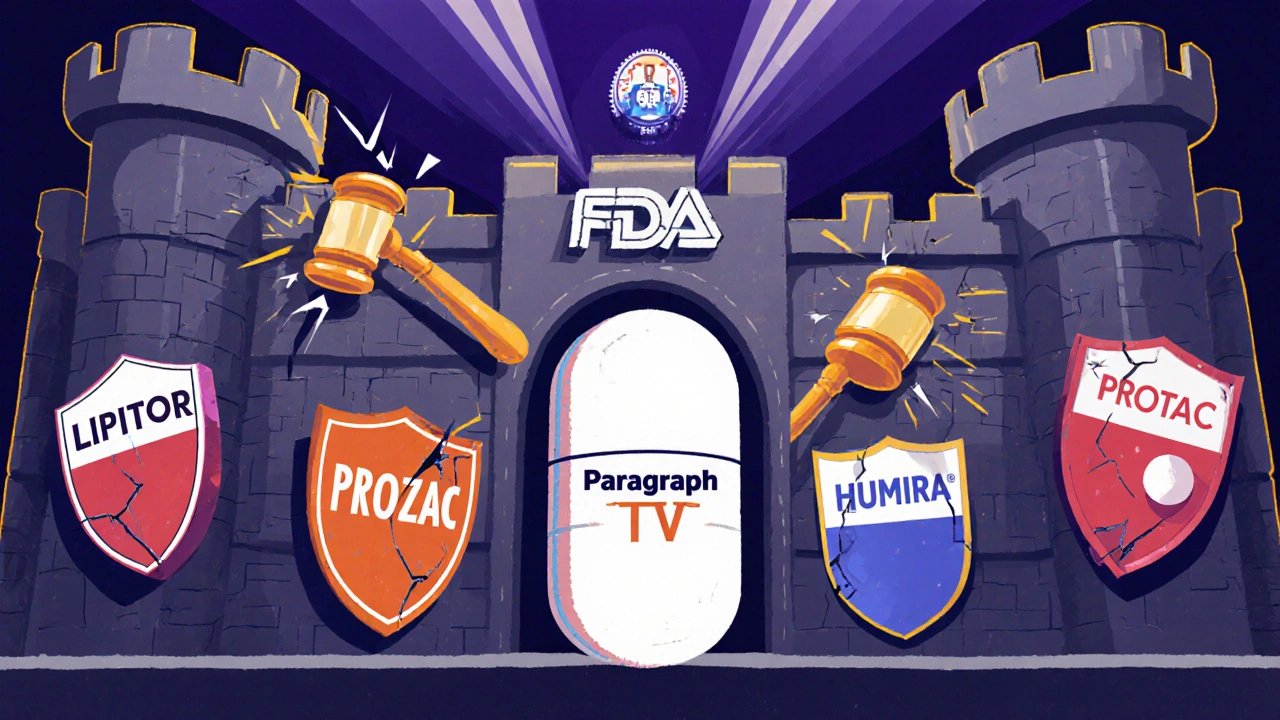Orange Book Patents: What They Are and Why They Matter for Generic Drugs
When you hear Orange Book patents, a public list maintained by the U.S. Food and Drug Administration that tracks patents and exclusivity periods for brand-name drugs. Also known as the Approved Drug Products with Therapeutic Equivalence Evaluations, it's the official record that tells pharmacies, manufacturers, and regulators exactly when a generic version of a drug can legally be sold. This isn’t just paperwork—it’s the gatekeeper between high-priced brand drugs and affordable generics you might be using right now.
The FDA Orange Book, a searchable database published by the U.S. FDA that includes patent and exclusivity information for approved drug products doesn’t just list patents—it shows which ones are still active and which ones have expired. If a patent is listed, no generic can enter the market until it expires or is successfully challenged. That’s why companies sometimes file multiple patents on one drug—not because the drug changed, but to stretch out their monopoly. This is called patent evergreening, a strategy where brand-name manufacturers file new patents on minor changes to delay generic competition. It’s legal, but it’s why some drugs stay expensive for years longer than you’d expect.
Generic manufacturers watch the Orange Book like a scoreboard. When a patent expires, they file applications to launch their version. But if a patent is still active, they might challenge it in court, hoping to get early approval under the Hatch-Waxman Act. That’s how some generics hit the market before the brand-name drug’s patent ends. The drug exclusivity, a period of market protection granted by the FDA separate from patents, often for new formulations or orphan drugs can also block generics—even if all patents have expired. Some drugs have both: patents and exclusivity. That’s why you might see a brand drug still on the market even after its patent seems gone.
What does this mean for you? If you’re paying for a brand-name drug and wondering why there’s no cheaper version, check the Orange Book. It might still be under patent protection. If you’re a patient, caregiver, or even a pharmacy worker, understanding this system helps you ask the right questions. Why is this drug still expensive? Is there a generic coming? Could a different formulation work? The Orange Book doesn’t give you answers directly—but it gives you the clues to find them.
The posts below dive into real-world examples of how patent rules affect drug access—from how authorized generics slip through the system to why some medications stay pricey even after years on the market. You’ll see how patents influence pricing, availability, and even treatment choices for conditions like anxiety, diabetes, and heart disease. No jargon. No fluff. Just what you need to know about the hidden rules behind your prescriptions.

How Paragraph IV Patent Challenges Speed Up Generic Drug Entry
- by Colin Edward Egan
- on 17 Nov 2025
Paragraph IV certification under the Hatch-Waxman Act lets generic drug makers challenge brand patents before expiration. Learn how this legal tool drives down drug prices, triggers 30-month litigation stays, and offers 180-day market exclusivity to the first filer.
